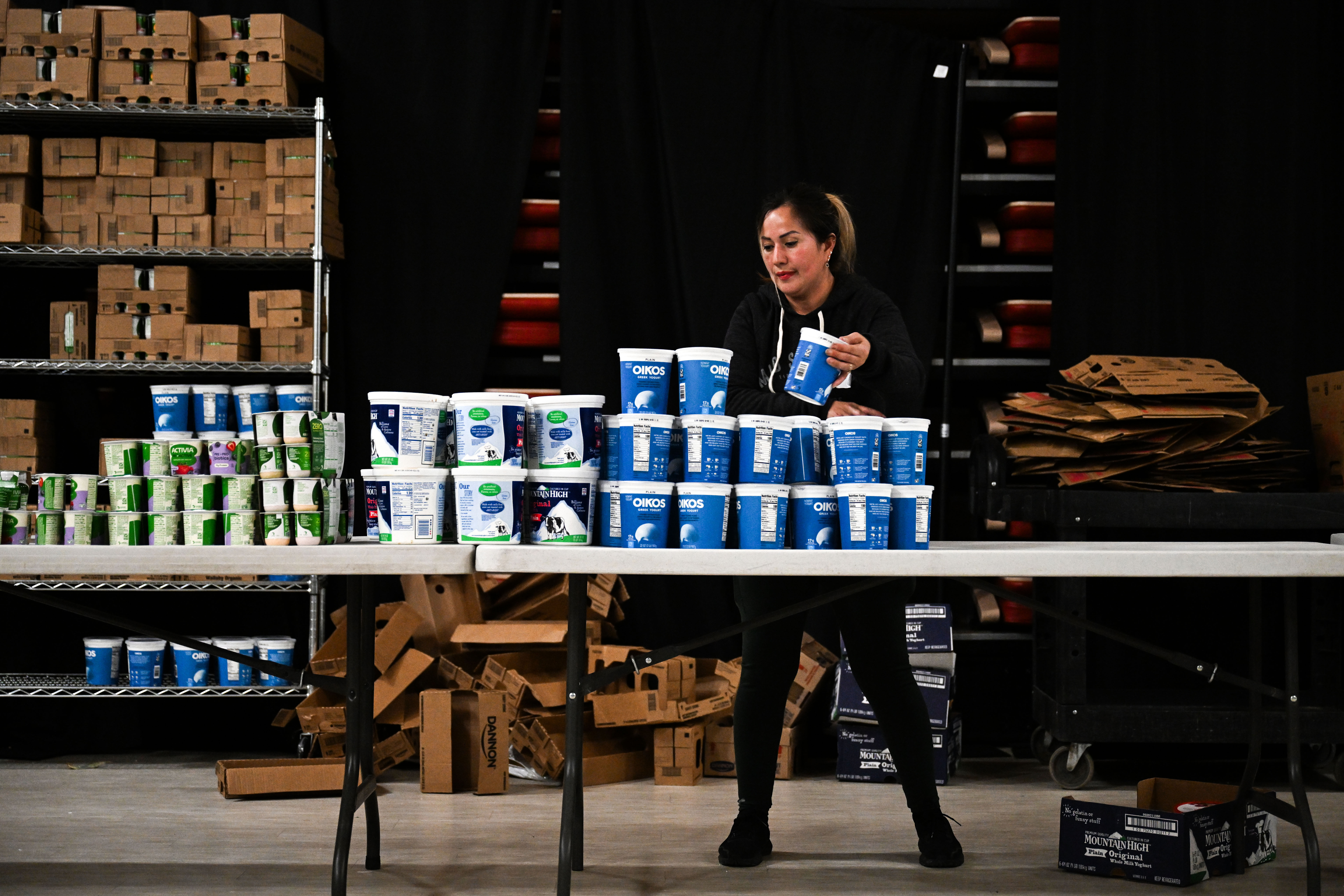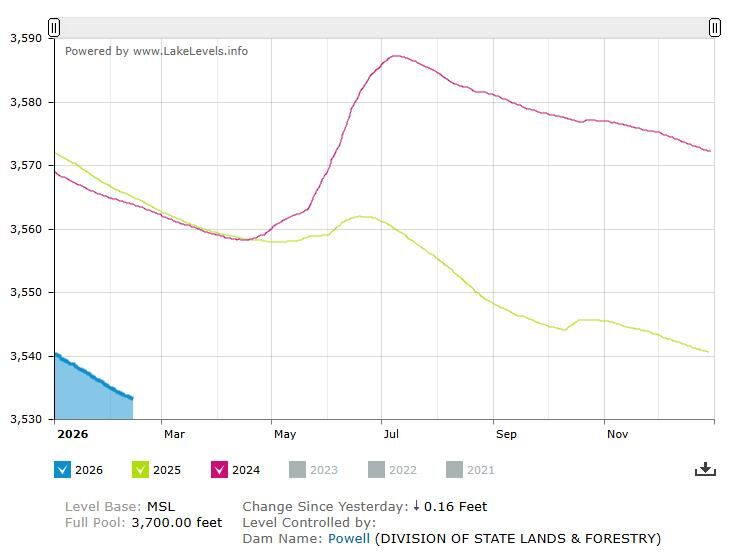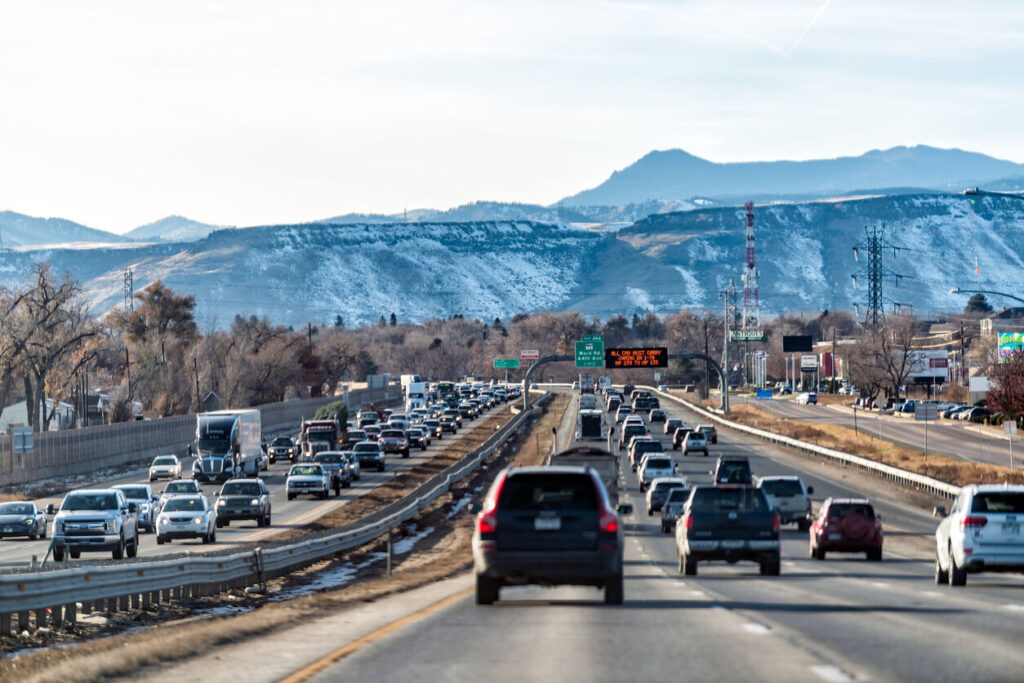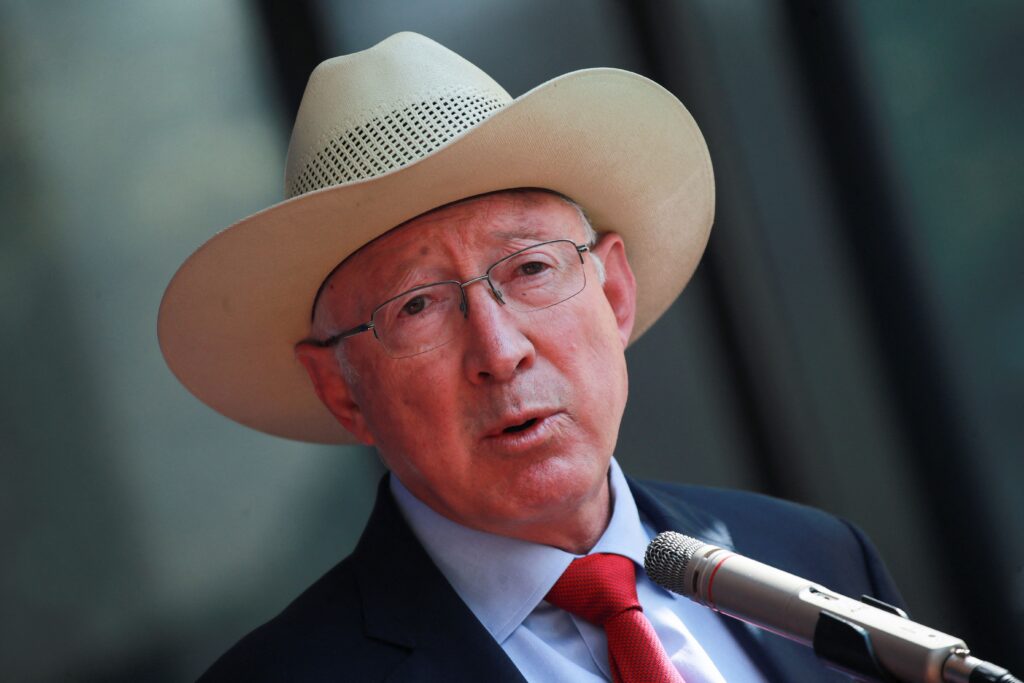SNAP benefits on their way to Colorado families

With the government shutdown over after a vote Wednesday by the U.S. House, federal food aid, which has been delayed almost two weeks, is on its way to nearly 600,000 Coloradans.
Colorado will move rapidly to deliver 100% of Supplemental Nutrition Assistance Program (SNAP) benefits, according to an announcement from the Polis administration.
Some Coloradans could see their SNAP cards loaded as soon as Nov. 13, officials said.
“The federal government is finally reopening, and hardworking Americans will no longer be caught in the middle of Washington’s dysfunction. I thank Colorado’s food banks, the Department of Human Services, and our local communities for their efforts during this unprecedented time,” Gov. Jared Polis said Wednesday. “Keeping people from going hungry should always remain a top priority.”
Feeding Colorado received an infusion of $10 million from the state, money that it can leverage on a 3 to 1 basis and effectively buy $30 million worth of food.
Lawmakers coursed the money through Feeding Colorado in lieu of the state being able to directly put funds onto SNAP electronic benefits transfer (EBT) cards, which wasn’t possible at the beginning of the month, plus a realization that $10 million would be better sent to food banks, with its compounding effect, rather than directly funding what would be less than 10% of monthly SNAP benefits.
The five food banks under Feeding Colorado distribute food to 1,300 non-profit agencies statewide.
Colorado receives about $120 million per month from the federal government for the SNAP program.
The statement from the human services department said Congressional funding “now resolves ongoing confusion and unpredictability created by a series of conflicting updates from the federal government over the last few weeks.”
On Sept. 30, the U.S. Department of Agriculture, in guidance to the states on a federal shutdown, initially said multiyear contingency funds were “also available to fund participant benefits if a lapse occurs in the middle of the fiscal year,”
That was how SNAP benefits was funded in the last shutdown, which lasted 30 days and took place in 2019 under the first Trump administration.
The USDA later reversed that guidance, saying it could not use the existing contingency funds and halted the release of benefits on Nov. 1 because congressional authorization to spend the money had lapsed amid the shutdown.
At risk was food support for 42 million Americans, two-thirds of them children.
That led to multiple lawsuits, including one, in which Colorado joined, to force the federal government to fully fund SNAP benefits.
A federal judge in Maryland agreed on Nov. 6 and ordered the USDA to release those funds on Nov. 7.
Colorado began to immediately deliver SNAP benefits, and about 5% of Coloradans on the program, or about 32,000, received full benefits.
But that came to an end on Friday night, when the Trump administration appealed that order to the U.S. Supreme Court.
Justice Ketanji Brown Jackson granted the administration’s request. On Tuesday, the Supreme Court issued an administrative stay that kept those benefits on hold. That stay is due to expire Thursday at midnight.
Although the SNAP issue is now resolved, access to food remains a major issue for thousands of Coloradans. Hunger Free Colorado said while 9% of Coloradans receive SNAP benefits, about 11%, or about 733,000 Coloradans, face issues accessing food on a daily basis.
That was compounded during the shutdown, when federal employees didn’t receive a paycheck for 44 days and sought out food banks for help.
The Polis administration and the human services agency encouraged Coloradans to continue supporting food banks and other community organizations, and to donate to Feeding Colorado.


















